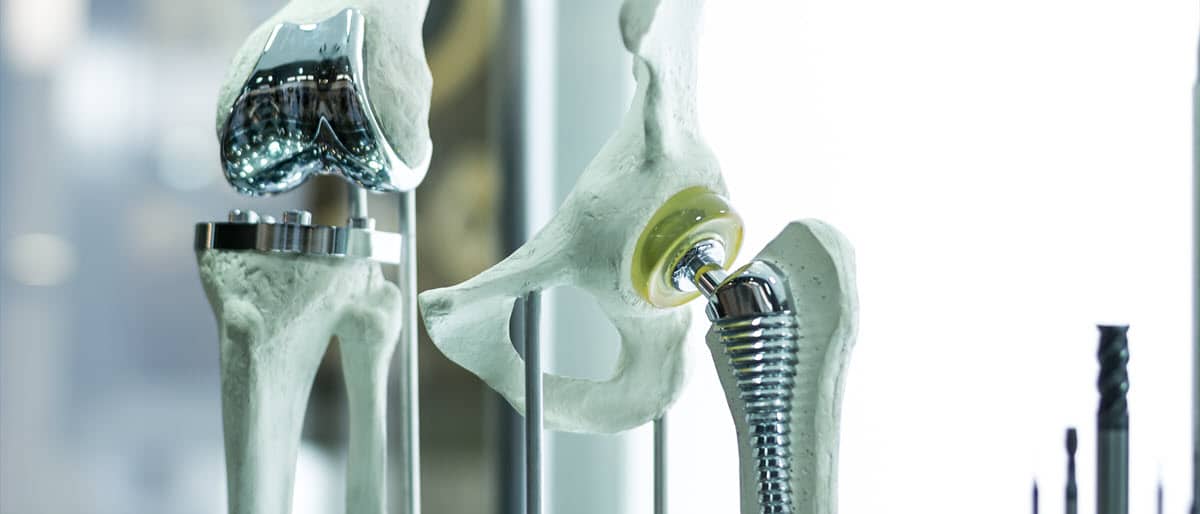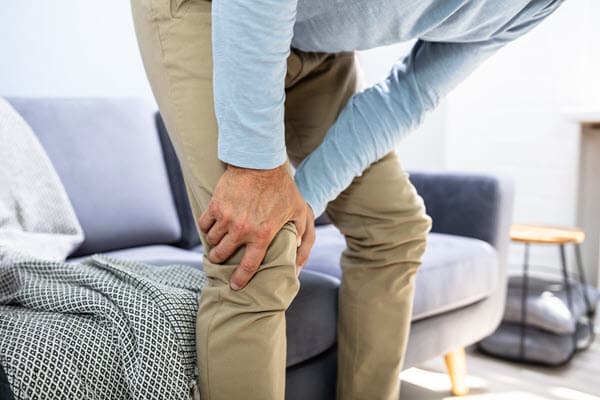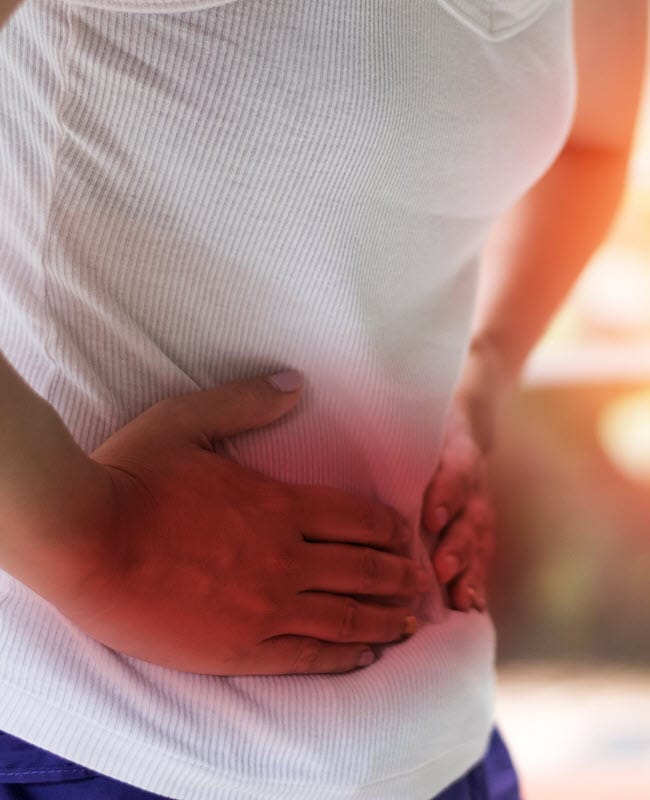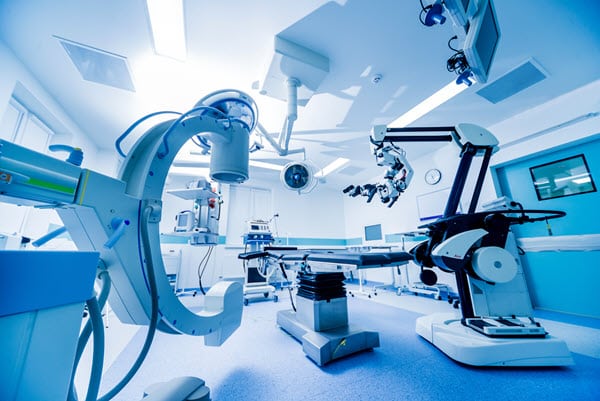
NJ Defective Medical Device Lawyers
Representing NJ clients in medical products liability claims
Medical devices such as hip and knee implants, pacemakers, and birth control devices can improve the quality of life for some people when the device is working as it should. When a medical device is defective, it can cause devastating injuries that ruin the lives of the people who have them. When a defective medical device is implanted, or causes adverse reactions, sometimes additional surgeries are necessary to remove the defective device. Sometimes, there’s no option but to manage the pain.
If you or someone you care about has been injured because of a defective medical device, you may have grounds for legal action to recover compensation. At Eichen Crutchlow Zaslow, LLP, we hold manufacturers accountable when their defective products cause injury and death to unwitting consumers. When these massive corporations prioritize profit over people, we make sure that the people who suffer injuries receive fair compensation for their losses. We work with medical device professionals who can evaluate why your medical device failed. We examine FDA recalls to determine if the manufacturers failed to comply with federal regulations. Call our New Jersey product liability attorneys for a review today.
How can we help?
- What is a product liability claim?
- What are the different types of product defects?
- What is the FDA’s role in regulating and recalling medical devices?
- What different types of medical device claims do you handle?
- How do I know if I have a valid product liability claim in NJ?
- What types of injuries do medical devices cause?
- What damages can I seek for a defective medical device in New Jersey?
- Do you have a lawyer near me?

Free Consultation
What is a product liability claim?
If you have a medical device implanted, such as a replacement knee or hip, and you discover that the product is defective or is malfunctioning, you may have a legal claim against the manufacturer to recover compensation for your injuries and other losses.
Our knowledgeable New Jersey products liability attorneys help you hold the responsible party liable for your injuries either through a settlement with the at-fault party’s insurance company or through a civil trial.
What are the different types of product defects?
There are three general categories for product liability claims based on what went wrong with the product to cause your injury:
- Design defects. The product defect is related to the design.
- Manufacturing defect. In these claims, the defect occurs in the process of making or building the item.
- Marketing defect (also referred to as “failure to warn”). This defect is in the manufacturer’s failure to adequately warn the consumer about an inherent danger that could occur when the product is used according to instructions.
Products may also be defective if the instructions on how to use the product are not clear or wrong.
Defective Medical Product Claims
What is the FDA’s role in regulating and recalling medical devices?
The Food and Drug Administration (FDA) recalls defective medical devices on a regular basis. Sometimes there have been reports of injuries. In other cases, insufficient test trials have come to light, calling into question the safety of medical devices. When medical treatments do not have the expected effect, or when a patient using a medical device becomes unexpectedly worse or dies, it is reasonable to question the integrity of that device. These days, medical devices include mechanical devices and very sophisticated computer-driven devices.
The FDA describes a medical device recall as the process of correcting or removing a product when a company discovers that there is a problem with it. Recalls occur when a defective medical device poses a risk to health, or when it is both defective and a risk to health. A recall might mean that the problem with the device can be corrected, but if it is a device that has been implanted in the patient’s body, the device manufacturers may direct doctors to contact the patient to discuss the risks of removing it or leaving it alone.
The manufacturer of the defective medical device can initiate a recall, or the FDA can require that a company issue a recall. The FDA may assign a recall classification, which indicates the relative degree of risk:
- Class I: There is a reasonable chance that the product could cause health problems or death.
- Class II: The product could cause a temporary or reversible health problem with a slight chance of causing a health problem or death.
- Class III: The product is not likely to cause any health problems or injury.
The FDA maintains a medical device recall database, and it keeps the public informed through a weekly enforcement report, which contains updates about recalls. The FDA also published press releases and public notices about recalls, market withdrawals, and safety alerts.
According to Qualico, in 2018 and the first two quarters of 2019, there were 99.33 million units recalled per quarter.

What different types of medical device claims do you handle?
Some of the most common types of medical devices that have been subject to recalls include hip implants, IVC filters (a small device to help stop blood clots from traveling to the lungs), and CPAP or BiPAP devices for treating sleep apnea.
Potentially dangerous medical devices subject to FDA safety alerts and manufacturer recalls in recent years have included:
- A range of knee, hip, and other joint replacement devices, including implants from Exactech, DePuy Orthopaedics, and Stryker Orthopaedics
- A defective cardio defibrillator and pacemaker implanted under the skin to treat irregular heartbeat
- Arrow International Inc. (a subsidiary of Teleflex Inc.), Multi-Lumen Venous Catheterization Set with Blue FlexTip ARROW Gard catheter
- Certain Covidien Shiley adult tracheostomy tubes
- Ikaria INOmax DS drug delivery system
- Respironics Inc., Trilogy 100, 200, and 202 ventilators
- Smiths Medical Medfusion Model 4000 syringe infusion pump
- Mirena IUD
- Transvaginal mesh implants
- Hernia mesh implants
- Bair IVC filters
Recent FDA recalls include:
Many other medical devices have been recalled in recent years. Other medical devices might be shown to be defective because of manufacturing defects, even if the devices do not appear on any recall lists. If you had surgery or were recently hospitalized, you might not even know what medical devices were used to treat you, but you have the right to know.
It is not necessary that your medical device be recalled to file a claim.
How do I know if I have a valid product liability claim in NJ?
You have the right to know whether you have a viable product liability claim against one or more responsible parties. You also have the right to know who made decisions that may have resulted in your injury caused by a defective medical device. Was the responsible party your doctor or a hospital administrator, a medical device manufacturer, or a government entity?
At Eichen Crutchlow Zaslow, LLP, we review potential medical malpractice and product liability cases on behalf of people who may have suffered serious harm because of the negligence of another person or company. Our NJ product liability attorneys will gladly answer all of your questions and discuss your potential injury claim and explain how we can help determine what your next step should be toward pursuing compensation for your injuries.
What types of injuries do medical devices cause?
Defective medical devices can cause many different types of injuries including:
- Respiratory disorders
- Cardiac disorders
- Infections
- Organ damage
- Allergic reactions
- Chronic pain
- A permanent disability
- Nerve, tissue, or bone damage
When medical devices cause the death of a loved one, we file a wrongful death claim on behalf of your loved one.

What damages can I seek for a defective medical device in New Jersey?
If a medical device caused your injuries, we file claims against the manufacturers if the product was defective. If a healthcare provider was negligent, for example, using a medical device despite clear adverse warnings, we file a medical malpractice claim.
We demand full compensation for your personal injuries including damages – current and future for all your:
- Medical bills including the cost of removing the defective device and implanting a device that works
- Lost income and lost benefits
- Physical pain and emotional suffering
- Loss of function
- Loss of life’s pleasures including loss of consortium
Do you have a defective medical device lawyer near me?
Our New Jersey medical device lawyers meet clients at our offices located in:
- Edison, NJ at 40 Ethel Road and
- Toms River, NJ at 563 Lakehurst Road
At Eichen Crutchlow Zaslow, LLP, we understand that many users of defective medical devices may be too ill to come to our office. For ill patients, we do make arrangements to see you at your home or a healthcare facility. We can also arrange to talk by video conference (such as by using Zoom) or by telephone.
We handle defective medical device claims on a contingency fee basis. This means we only receive compensation if there is a successful settlement or verdict in your favor.
Hurt by a defective medical device? Call Eichen Crutchlow Zaslow, LLP now
Eichen Crutchlow Zaslow, LLP provides legal advice and representation to clients in medical malpractice, personal injury, and wrongful death matters throughout New Jersey. We understand the unique challenges of filing defective medical device claims. Call our office or contact us to schedule a free consultation with an experienced New Jersey product liability lawyer in Toms River, Edison, or Red Bank.
Related Content:
